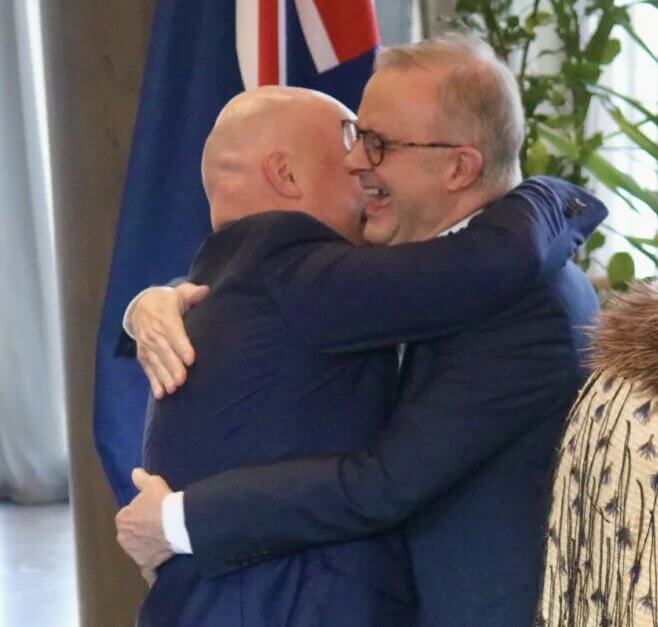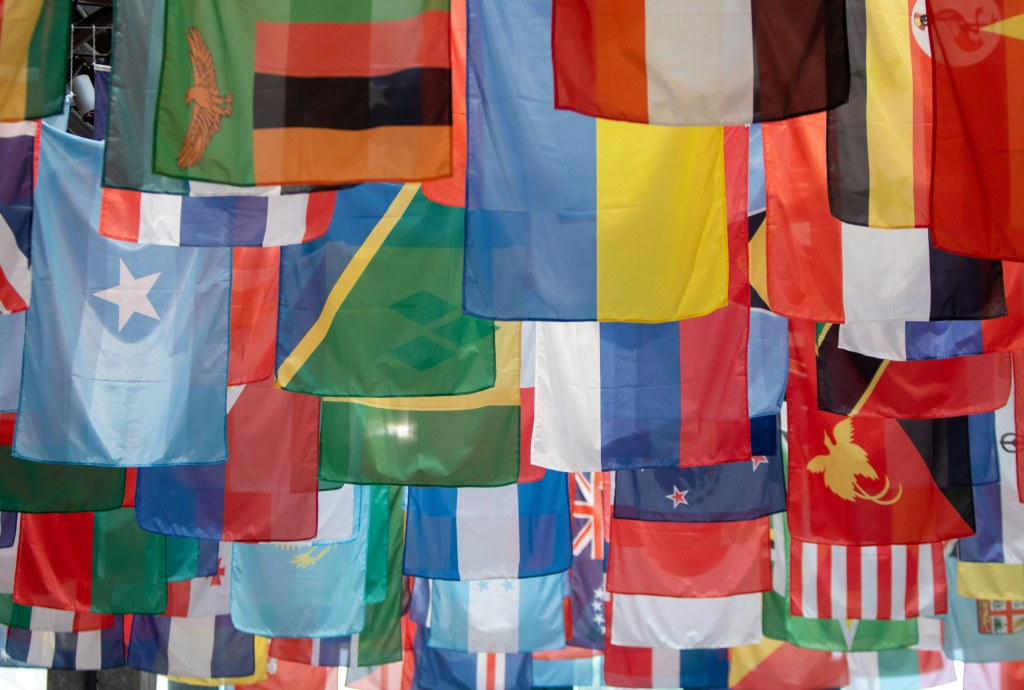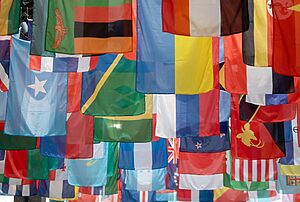In brief
- Words like rights, justice, equality, and fairness are often misunderstood so there is not really agreement.
- Redefining criticism as evil is intimidating, but hollow and divisive.
- When people in authority resort to broad accusations of prejudice, what does it say about them?
Ships passing in the night
A major source of disagreement in politics comes from each side using the same words in very different ways. This can be used to manufacture apparent agreement where none exists, and get politically naive people on a bandwagon they may actually oppose.
To avoid this trap, do not take the meaning of these words for granted. It can be very helpful to ask people what they mean by those terms.
Redefining language is not agreement
The previous articles in this series discussed how some people have redefined justice and rights for political purposes.
Historical injustices (often re-interpreted under a new perspective), differences between people, and present-day hardships are mixed together to craft a narrative toward a “common cause”. Sometimes people gain a lot of power and money through a victimhood angle that often doesn’t end up helping struggling people.
In a similar way, very different kinds of rights and equality are conflated. This is done for the same reason “social redistribution” is called “social justice”: to piggyback off a noble sounding concept to improve acceptance.
It seems to us that the objective for the far left, which ascribes a meaning to these words that is different to what most people think they mean, is to just use the word and then claim consensus. The pronouncement that something is “fair” or a human right, is then added as a purported coupe de grace. Actually the issue has just been avoided and there is great division or at least misunderstanding. Then, when someone objects to the new definitions, they are often accused of opposing justice, rights, or equality, and are vilified.
The word ‘racism’ is like ketchup. It can be put on practically anything – and demanding evidence makes you a ‘racist’.
— African American historian Thomas Sowell
When someone in a position of authority talks this way, it can increase division. Further, the person is often just expressing their partisan opinion, without any more insight than anyone else .
Redefining legitimate criticism as evil is a go to move during a culture war, when people are politically tribal and don’t really engage with the other side. Level-headed discussion of these issues, especially online, is the exception rather than the norm. Yet such discussion is necessary to reduce division and move forward together.



















